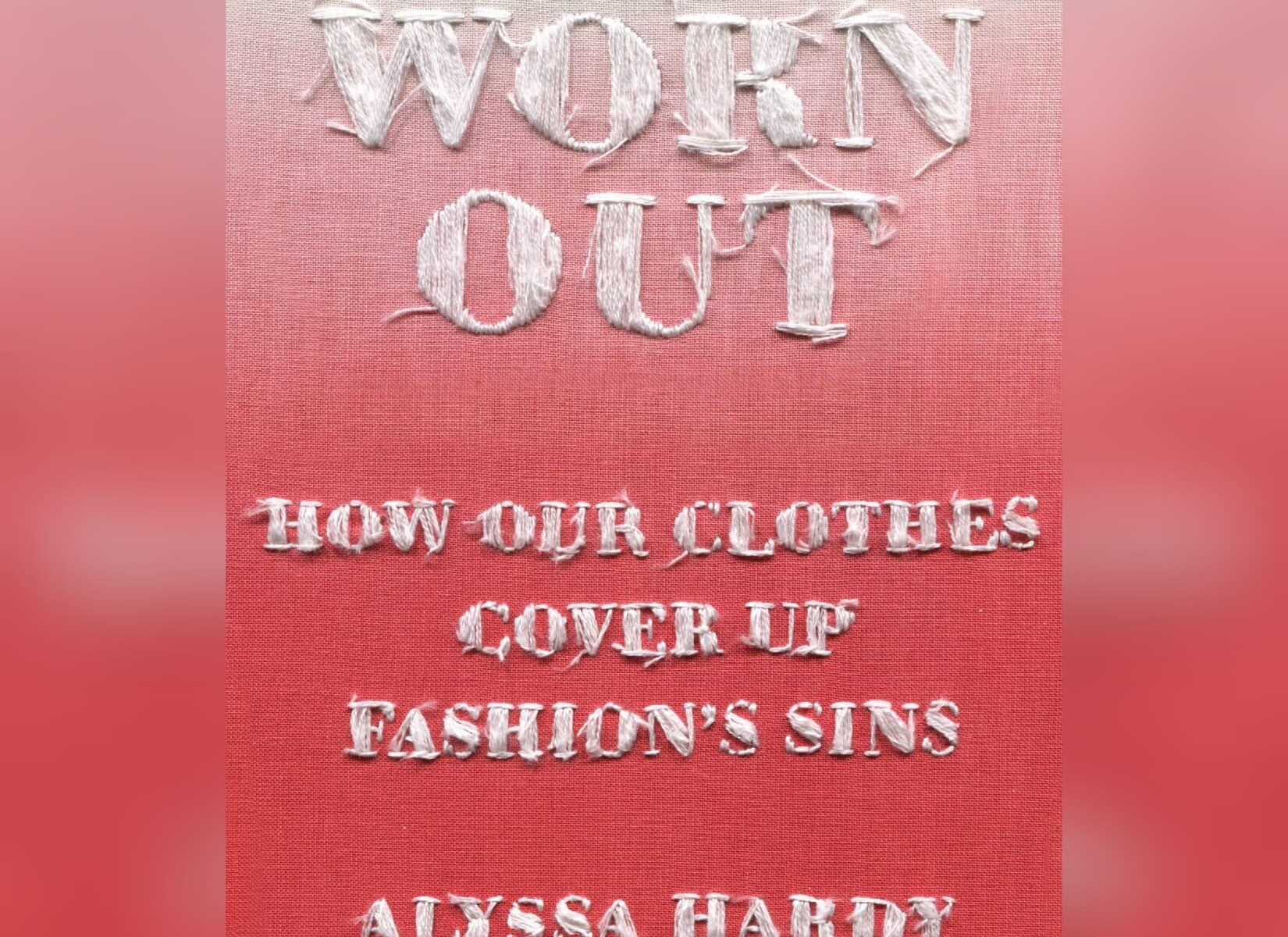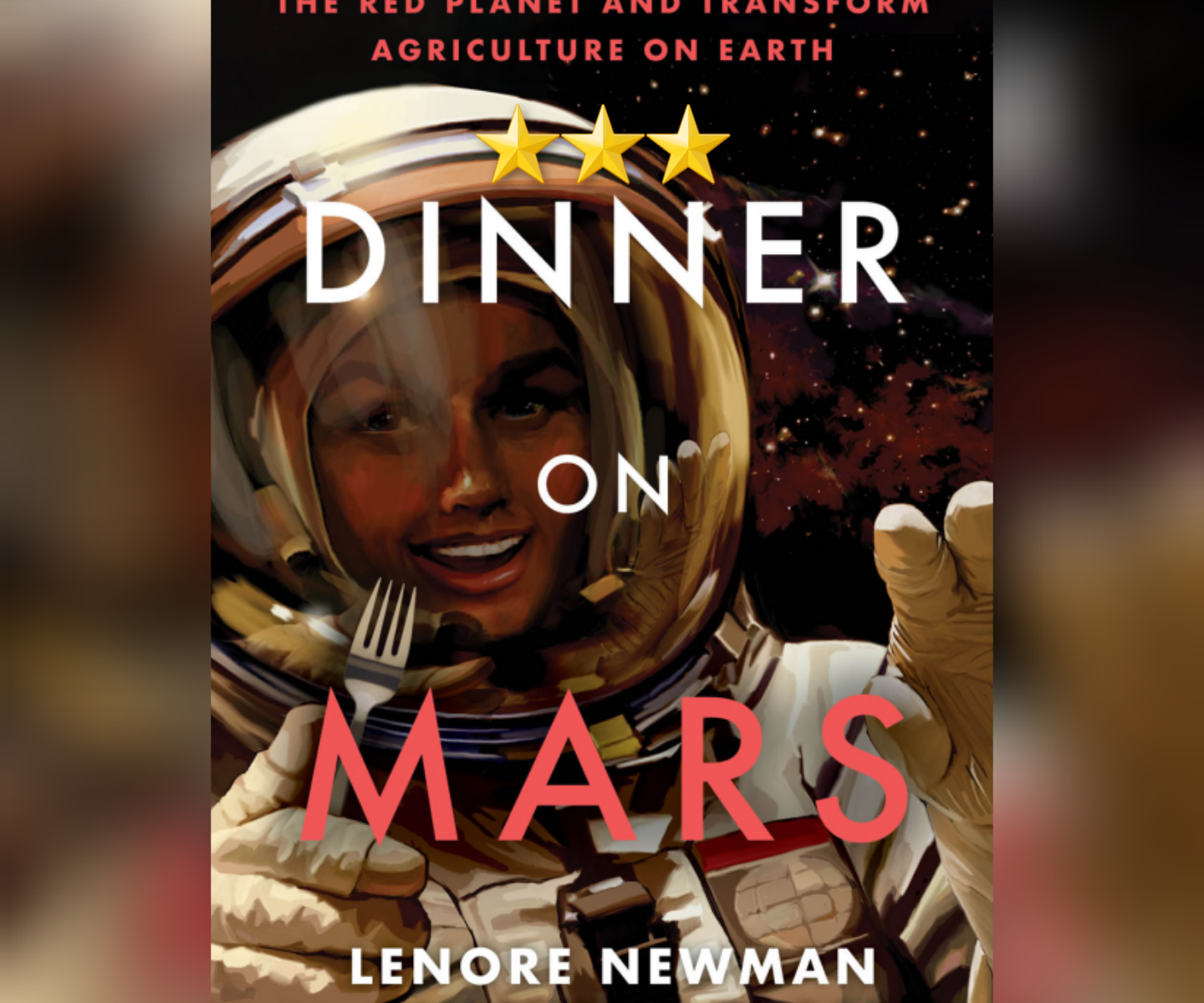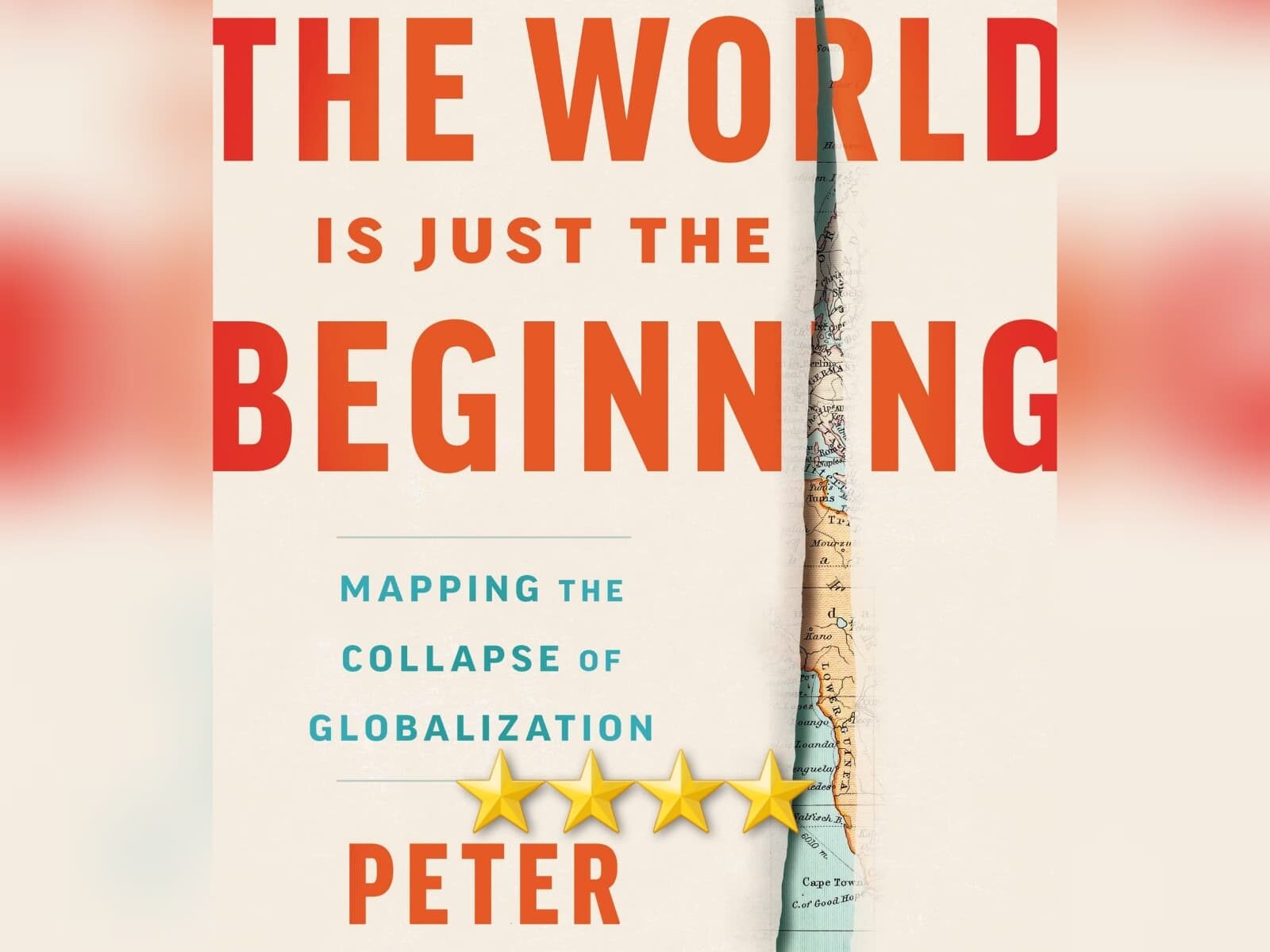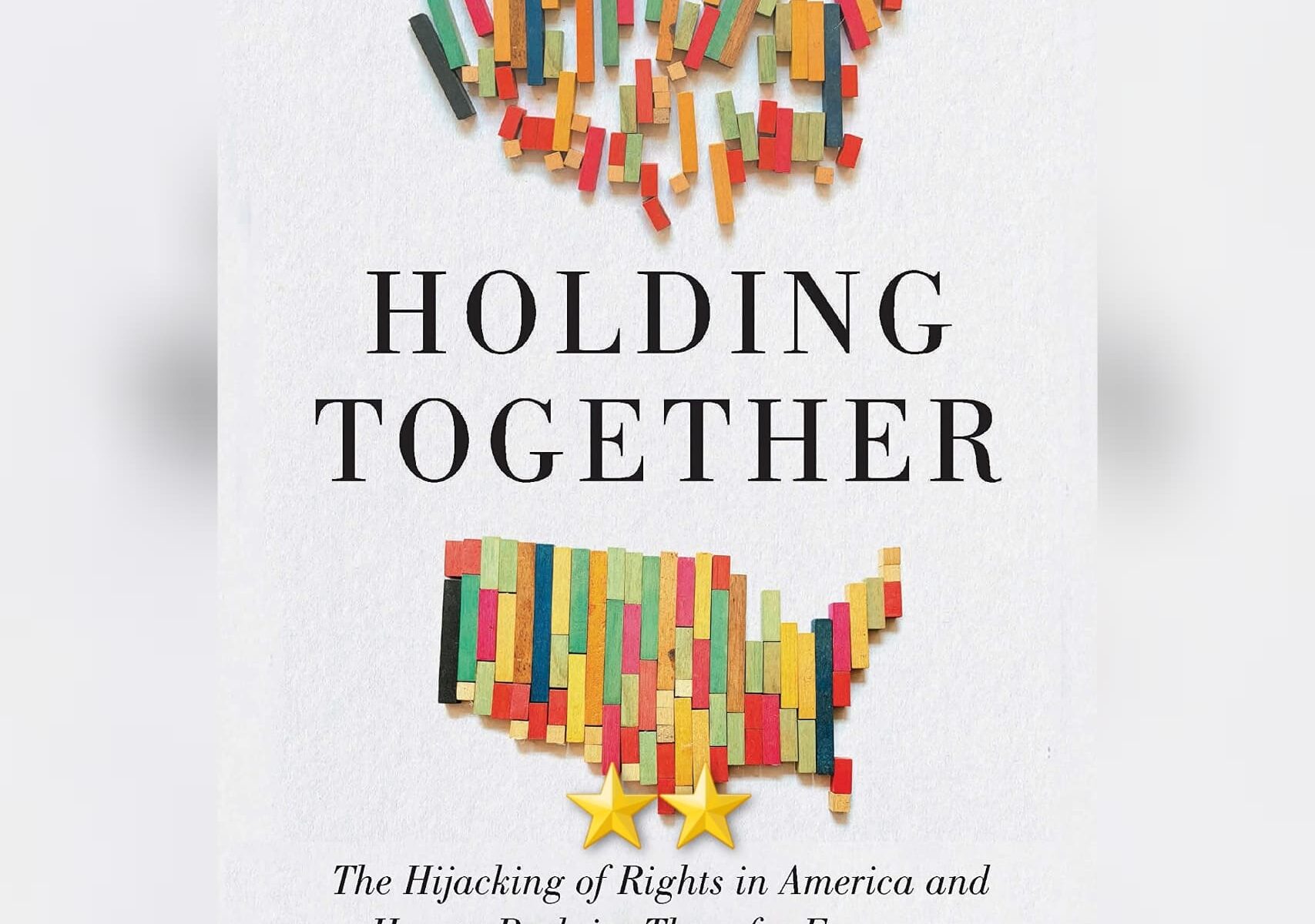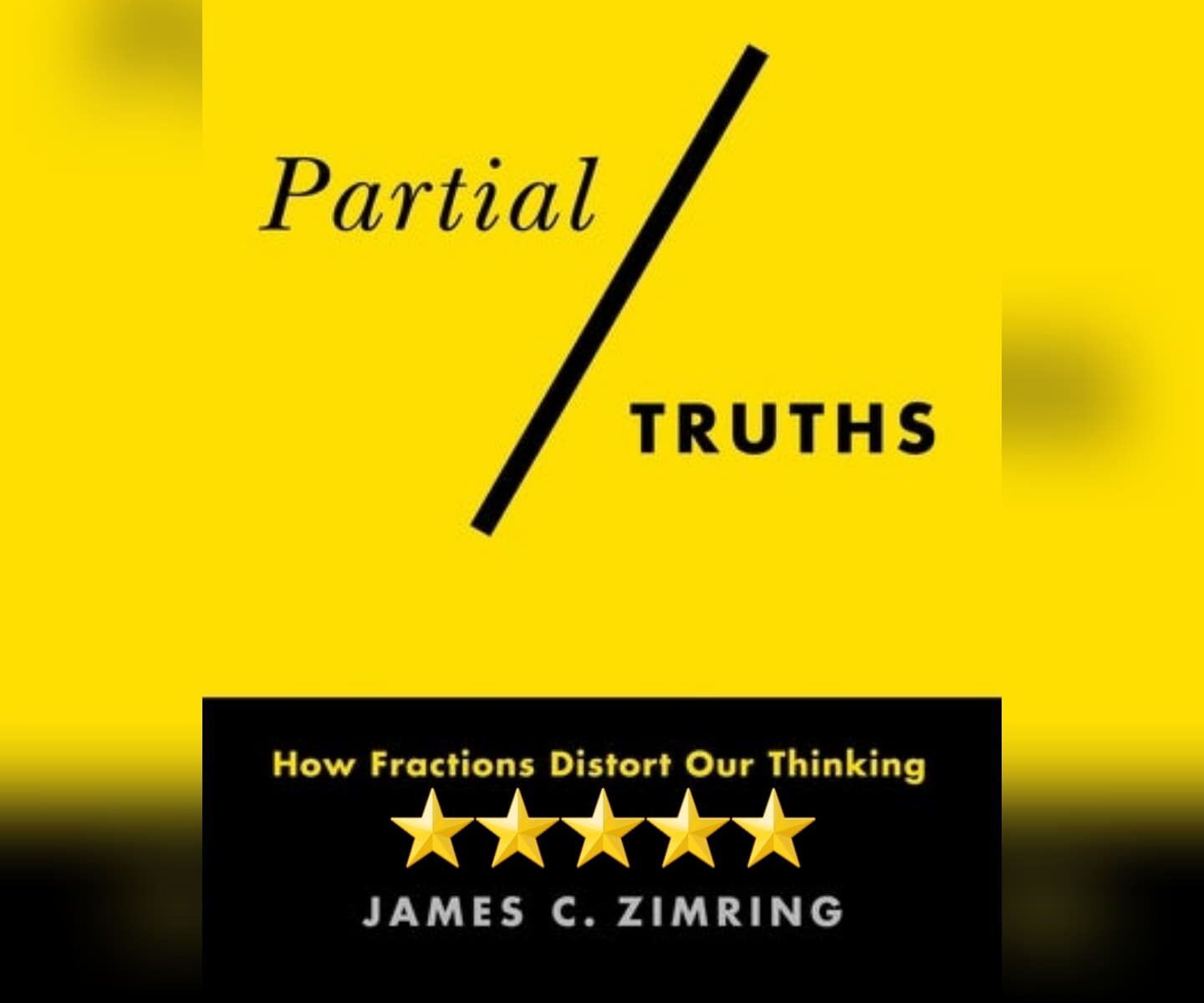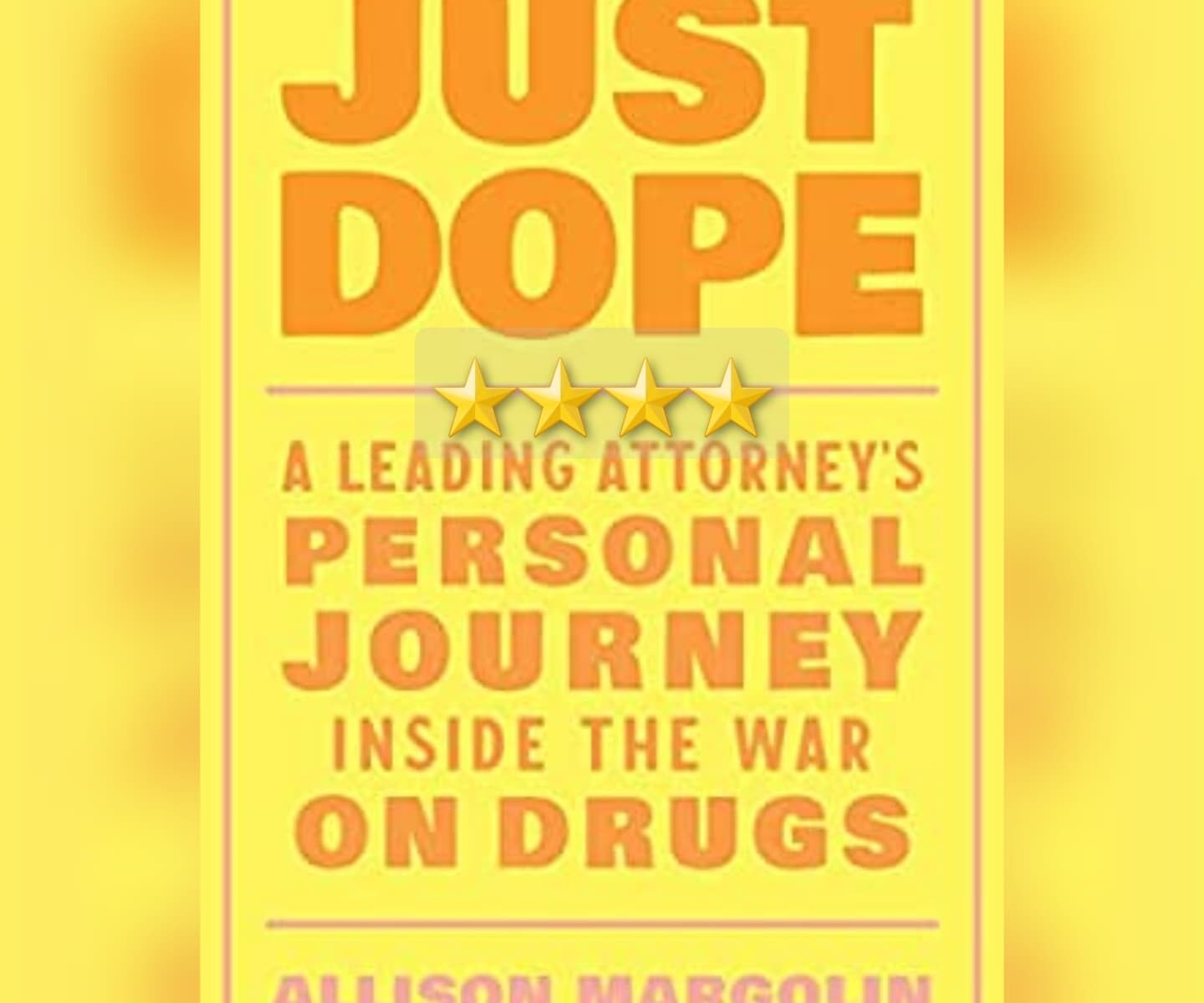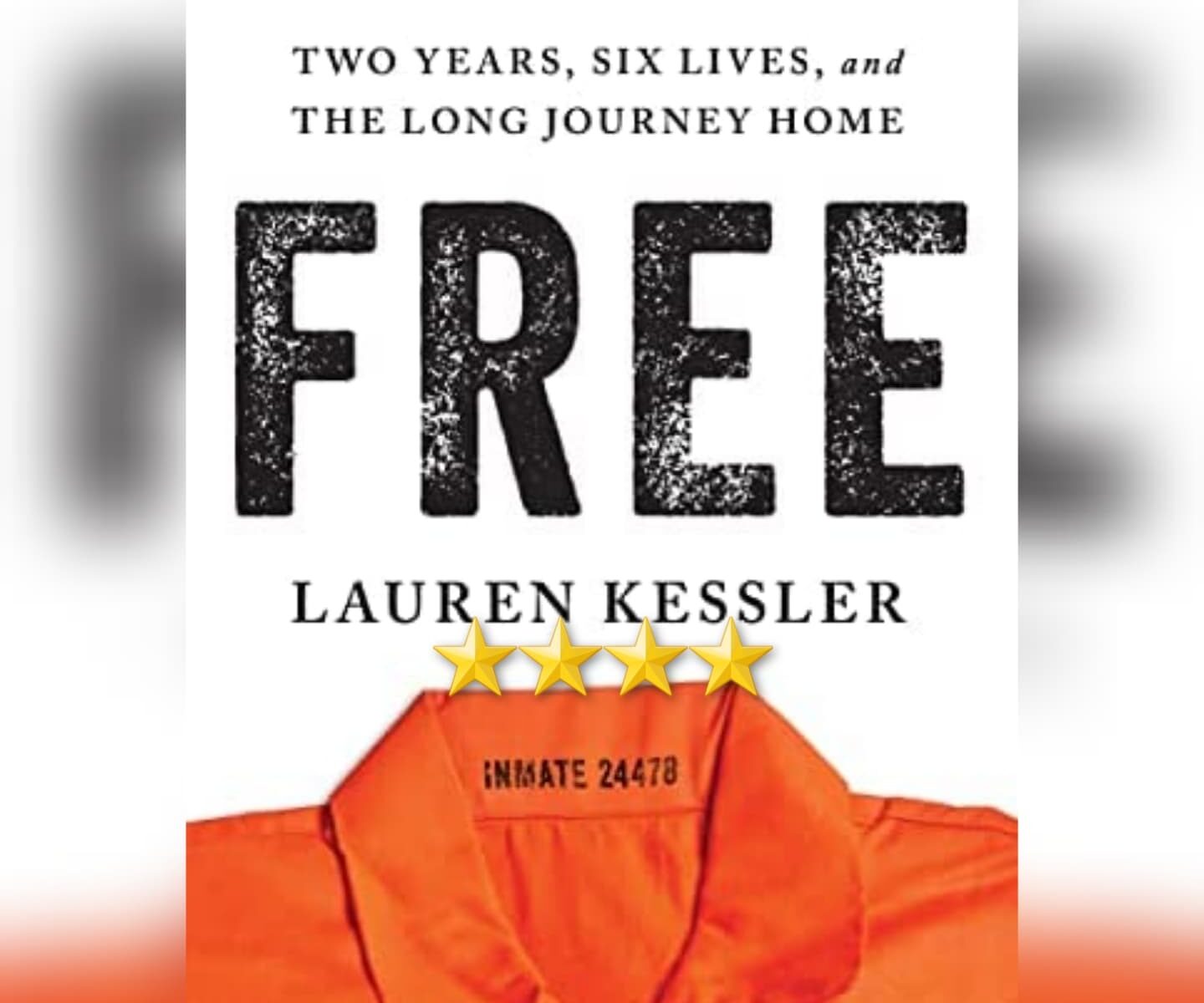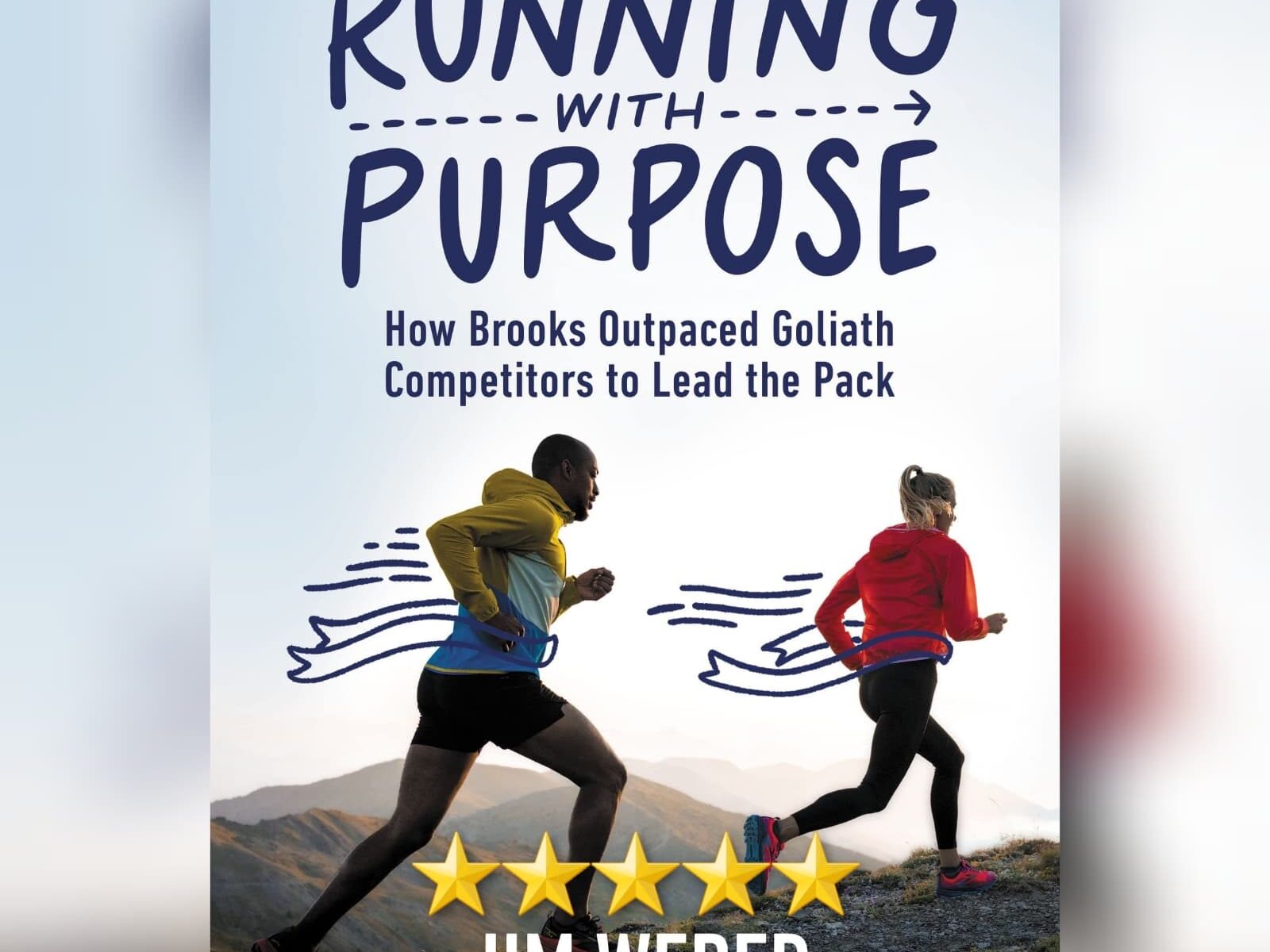More Memoir Than Investigative Expose. At least for me, the current description as I write this review nearly three months before the book’s scheduled publication reads more that this book would have been an investigative expose similar to Maxine Bedat’s 2021 book Unraveled. And while many similar issues are discussed – from the rampant sex abuse in sweatshops to the mass markets in Africa where fast fashion castoffs that don’t wind up in landfills ultimately wind up, among others – this is still mostly a memoir based narrative with some interviews to back up Hardy’s own observations from her career in fashion. A career Hardy mentions a few times she left, and which becomes clear she is still processing her time within. Still, as a bit of an “insider’s look” rather than active investigative journalism, this tale largely works and it does show a lot of the perils of the modern fast fashion industry. Indeed, the book really only suffers from two flaws: One is that it discusses COVID frequently, and I am on a one-man crusade against any book that mentions COVID for any reason at all. My only real tool in this crusade is a one-star deduction, and therefore it applies here. The second star deduction comes from the dearth of a bibliography. Even for similar memoir-based narratives and even with my extensive experience working with these narratives in advance reader copy form, the bibliography here is quite small, clocking in at just 2% or so of the text – when 10% is more normal even for this particular type of narrative, and 20-30% is more normal for nonfiction more generally. Still, for what it is and what it discusses, this book is well written and engaging (and a fairly quick read, for those looking for that), and is reasonably solid given the caveats above. Very much recommended.
This review of Worn Out by Alyssa Hardy was originally written on July 2, 2022.

